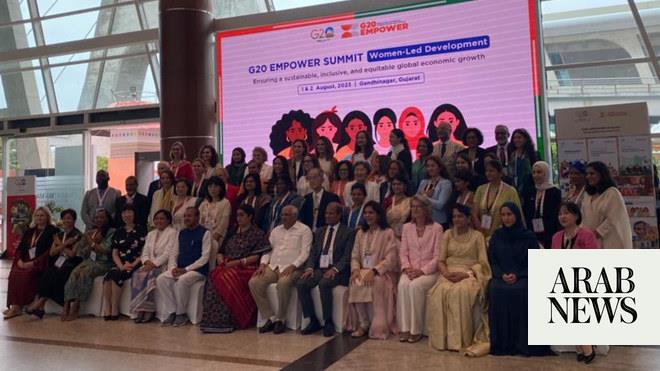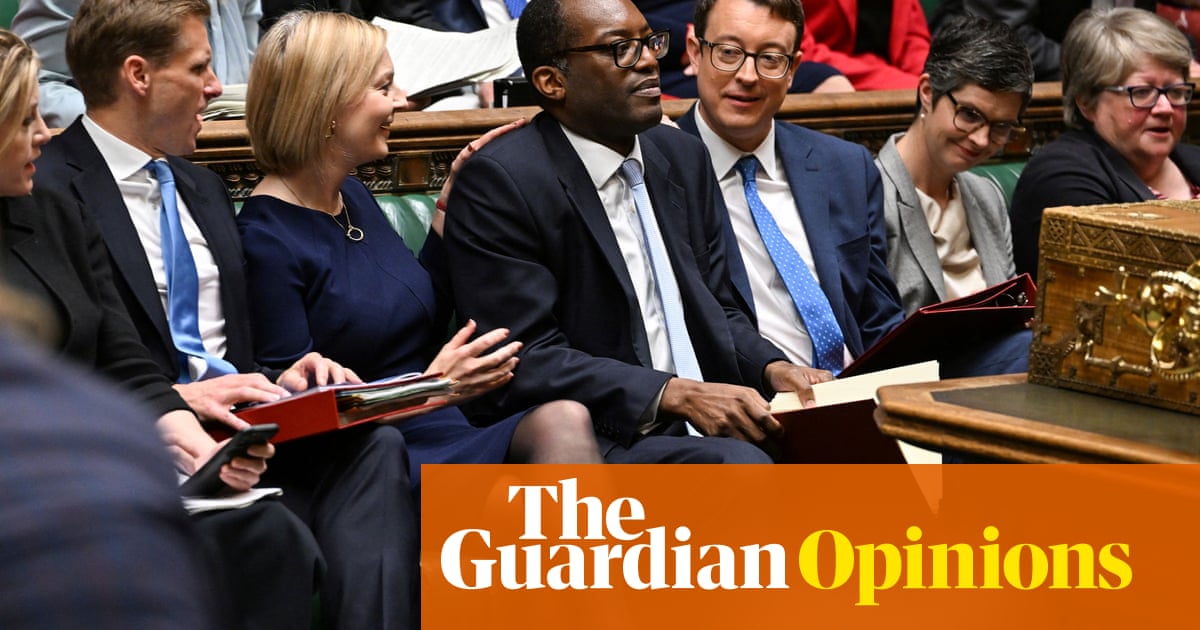
Tim Walz and JD Vance, the US Democratic and Republican candidates for vice-president, will face off on Tuesday in what is likely to be the last debate showdown between the two parties’ tickets before election day in exactly five weeks’ time.
The pair – who have had sharp words for each other at a distance – will engage in verbal combat in close quarters at a CBS-hosted event in New York, with the stakes raised by polling evidence that shows the contest between the two presidential nominees, Kamala Harris and Donald Trump, poised on a knife edge.
With Trump, the Republican nominee, continuing to refuse demands from Harris, his Democratic opponent, for a second presidential debate, much may ride on how the clash between Walz and Vance unfolds.
The 90-minute duel will have added piquancy after Walz, the 60-year-old governor of Minnesota, memorably described Vance as “weird” while casting him as a key architect of Project 2025, a conservative blueprint for a radical shake-up of American government and society that would crack down intensely on immigration, vanquish LGBTQ+ and abortion rights, diminish environmental protections, overhaul financial policy and take aggressive action against China.
Vance, 40, a senator for Ohio who has reinvented himself as a political attack dog for Trump despite disparaging him before entering politics, has hit back by depicting his opponent as a far-left liberal and accusing him of serially misrepresenting aspects of his military service in the national guard.
He has also thrown the “weird” jibe back at Walz after the Democratic vice-presidential nominee said his children had been born with the help of IVF – which Vance once voted as a senator to oppose – before it emerged that he and his wife had used a different form of fertility treatment.
A new poll released on Monday found that US voters specifically want the duo to debate immigration and economic policies – two of the top election issues this year. American voters may also be looking to hear from both sides on handling the unfolding devastation and aftermath of Hurricane Helene, with Trump and Harris visiting affected states this week.
The potential for fireworks could be further raised by the fact that CBS’s rules of engagement preclude its moderators, Norah O’Donnell and Margaret Brennan, from factchecking the candidates in real time – as happened at last month’s ABC debate between Harris and Trump in Philadelphia. Instead, the two men will be expected to fact-check each other.
Vance enters the debate with arguably more to gain. Since his selection as Trump’s running mate, his approval figures have been consistently in the negatives amid a string of disclosures over derogatory comments about childless women, whom he branded “childless cat ladies”.
He has also drawn fire for his role in promoting a debunked rumour about Haitian immigrants in Springfield, Ohio, eating pets, before later telling CNN – unapologetically – that he’s willing to “create” stories for the purpose of calling attention to “the suffering of the American people”.
Amid the opprobrium, the Yale-educated Vance – who has prepared for the debate by holding rehearsals with a small team that includes the House Republican whip, Tom Emmer, playing the role of Walz, and his wife, Usha, as an adviser – has gained a high profile by embracing the role of articulator of Trump’s fiercely anti-immigrant America-first populism.
Walz, by contrast, has achieved more encouraging polling numbers yet has adopted a low-key posture since Harris chose him as her running mate after being promoted to the top of the Democratic ticket following Joe Biden’s decision to step aside in July.
He has given few media interviews and had settled for a lower profile following the acerbic attacks on Vance and other Maga Republicans that were first brought to national attention in the summer – and prompted Harris to select him.
Walz, who projects an image of folksiness, has admitted to nervousness about Tuesday’s debate while preparing with the help of Pete Buttigieg, the transportation secretary. He has voiced fears to associates that he may let Harris down and reportedly warned her when she chose him that he was a poor debater.
While there is little evidence historically of vice-presidential debates affecting the outcome of presidential elections, past encounters have been notable for producing memorable moments and soundbites.
In 2020, Harris herself was the source of one when she told Mike Pence – Vance’s predecessor as Trump’s running mate and, at the time, the vice president – after he interrupted her. She said: “Mr Vice-President, I’m speaking.”
In the 1988 vice-presidential debate, Lloyd Bentsen, running mate to the Democratic presidential nominee Michael Dukakis, had a ready rejoinder when Dan Quayle, the Republican nominee behind George HW Bush, when quizzed, at age 41 – a year older than Vance – about his relative youth, responded by invoking John F Kennedy.
“Senator, I served with Jack Kennedy,” replied Bentsen. “I knew Jack Kennedy. Jack Kennedy was a friend of mine. Senator, you’re no Jack Kennedy.”












